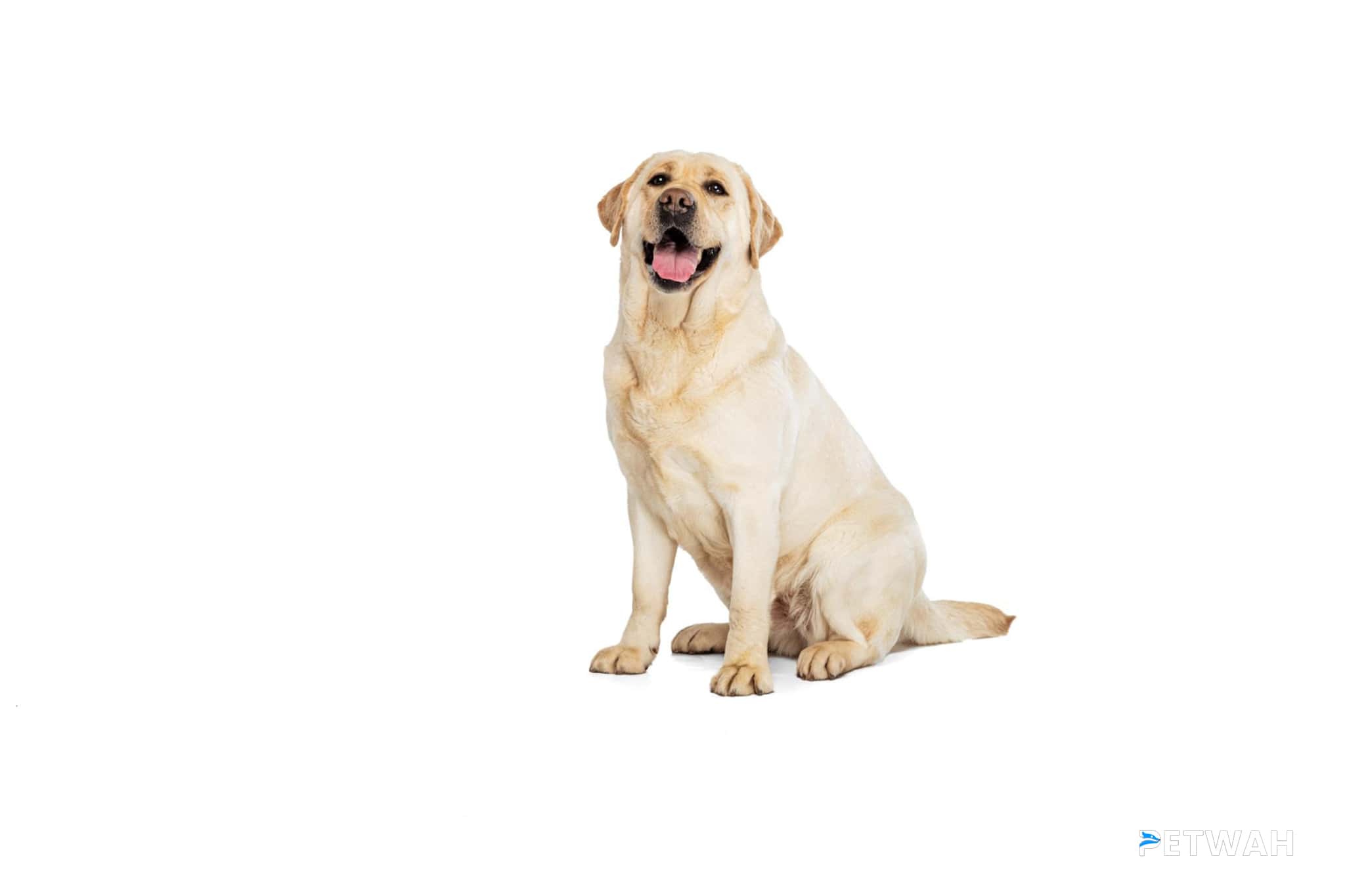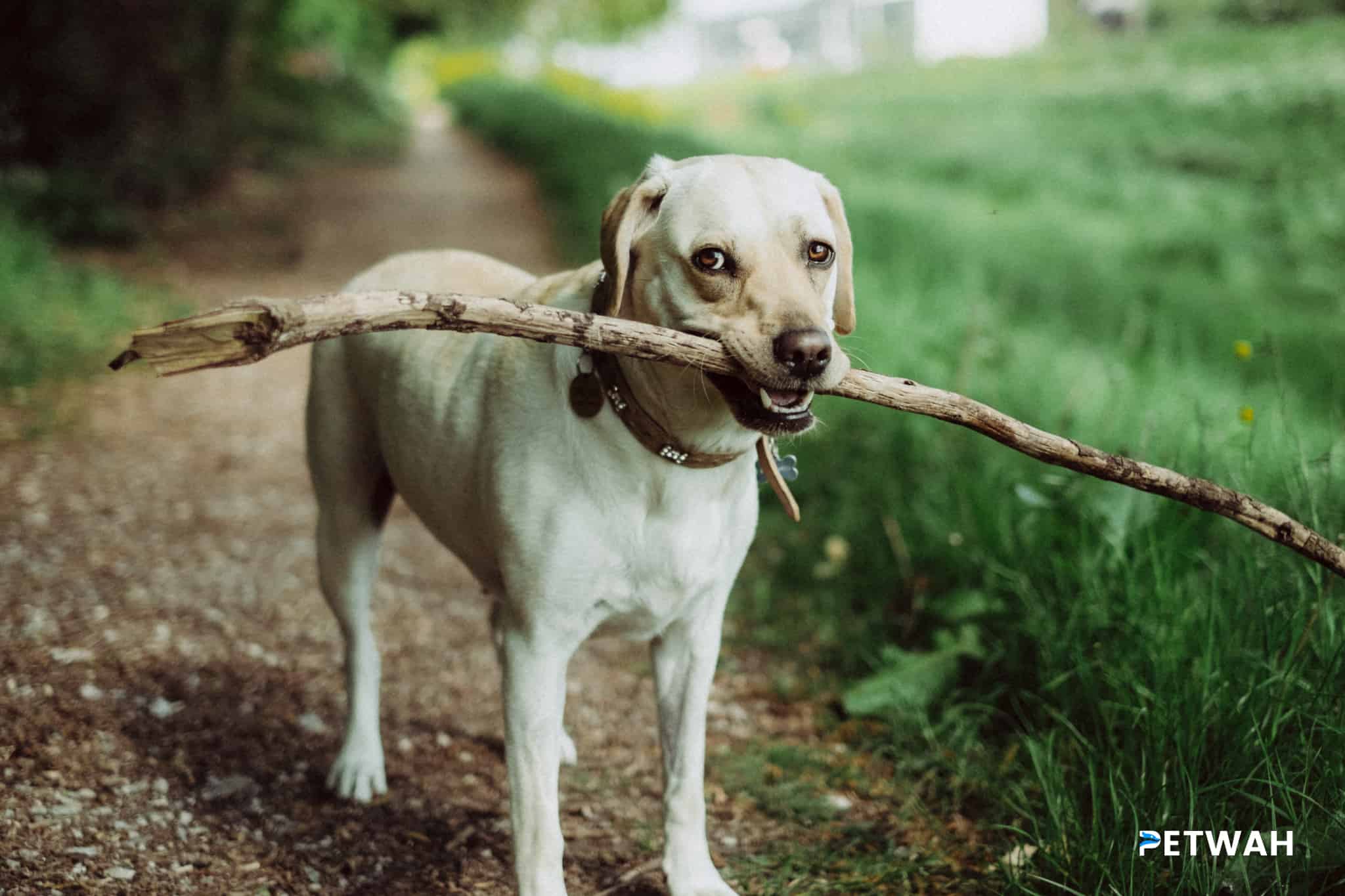Do you ever worry about vegetables that are good for dogs? You shouldn’t! There are many vegetables that are great for your furry friend. Carrots, peas, green beans, sweet potatoes, and bananas are packed with important vitamins, along with potassium, which is good for a dog’s muscles, nerves, and kidneys. Their fiber can also help dogs stay regular. Oranges are a great source of vitamin C. So don’t be afraid to give your dog a healthy snack every now and then!
PetWah Overview
First, wash them thoroughly to remove any pesticides or dirt.
When it comes to feeding vegetables to dogs, less is more.
There are a few that should be avoided, including onions, garlic, chives, and leeks.
Here we will see a list of vegetables that are good for dogs and also reasons why. A good rule of thumb is always to feed any vegetable in moderation. Excessive food is bad for your dog.
Preparing the vegetables for your Dog

Wash them & Wash them
There are a few things to keep in mind when preparing vegetables for your dog. First, wash them thoroughly to remove any pesticides or dirt. Chop them into small pieces so they’re easy to eat, and cook them if you’re using hard vegetables like carrots or green beans. Some vegetables can be fed raw, but it’s always best to consult with your veterinarian first.
Less is more
When it comes to feeding vegetables to dogs, less is more. Start by adding a small number of vegetables to their regular food, and increase the amount gradually over time. Too much too soon could cause digestive problems like diarrhea or vomiting. If you notice any adverse reaction after feeding your dog vegetables, stop immediately and consult your vet.
Do not feed these vegetables
Generally speaking, most vegetables are safe for dogs to eat. However, there are a few that should be avoided, including onions, garlic, chives, and leeks. These vegetables can cause anemia in dogs, so it’s best to steer clear. In addition, raw potatoes can be toxic to dogs, so they should always be cooked before feeding.
By following these simple tips, you can easily incorporate vegetables into your dog’s diet. Not only will they get the nutritional benefits of eating vegetables, but they’ll also enjoy the delicious taste!
Vegetables that are good for dogs
Now you learned how to feed them, let us take a look at what to feed them.
Broccoli
The answer is yes, dogs can eat broccoli. Broccoli is a healthy vegetable for dogs and contains vitamins A, C, and K. It also has fiber and protein. However, broccoli should be given to dogs in moderation because it can cause gas.
Carrots
Yes, dogs can eat carrots. Carrots are a good source of vitamins A, B, C, and K. They also contain potassium, which is good for a dog’s muscles, nerves, and kidneys. Carrots are high in fiber, which can help dogs stay regular.
Spinach
Yes, dogs can eat spinach. This leafy green vegetable is full of vitamins and minerals that are important for your dog’s health. Spinach is a good source of fiber, which can help with digestive issues. It is also rich in iron, which is necessary for healthy blood cells. Spinach is a low-calorie food, so it’s a great way to add some extra nutrients to your dog’s diet without overfeeding them. Just be sure to cook the spinach before feeding it to your dog, as raw spinach can cause gastrointestinal upset.

Brussels Sprouts
Yes, Brussels sprouts are a nutritious vegetable that is safe for dogs to eat. These vegetables are packed with vitamins, minerals, and fiber. They also contain compounds that may help to protect against cancer. While Brussels sprouts are safe for dogs to eat, it is important to feed them in moderation. Too many Brussels sprouts can cause gas and bloat in dogs.
Celery
Celery is another vegetable that’s good for dogs. It’s full of vitamins A, C, and K, as well as fiber and potassium. Plus, it’s low in calories, so it’s a great way to treat your dog without giving them too many extra calories.
Just be sure to chop the celery into small pieces before feeding it to your dog, as large pieces can be a choking hazard.
These are just a few of the vegetables that are safe for dogs to eat. Remember to always feed vegetables in moderation, and consult with your veterinarian if you have any questions about what’s best for your dog. With a little care and attention, you can easily incorporate vegetables into your dog’s diet and help them stay healthy and happy!








